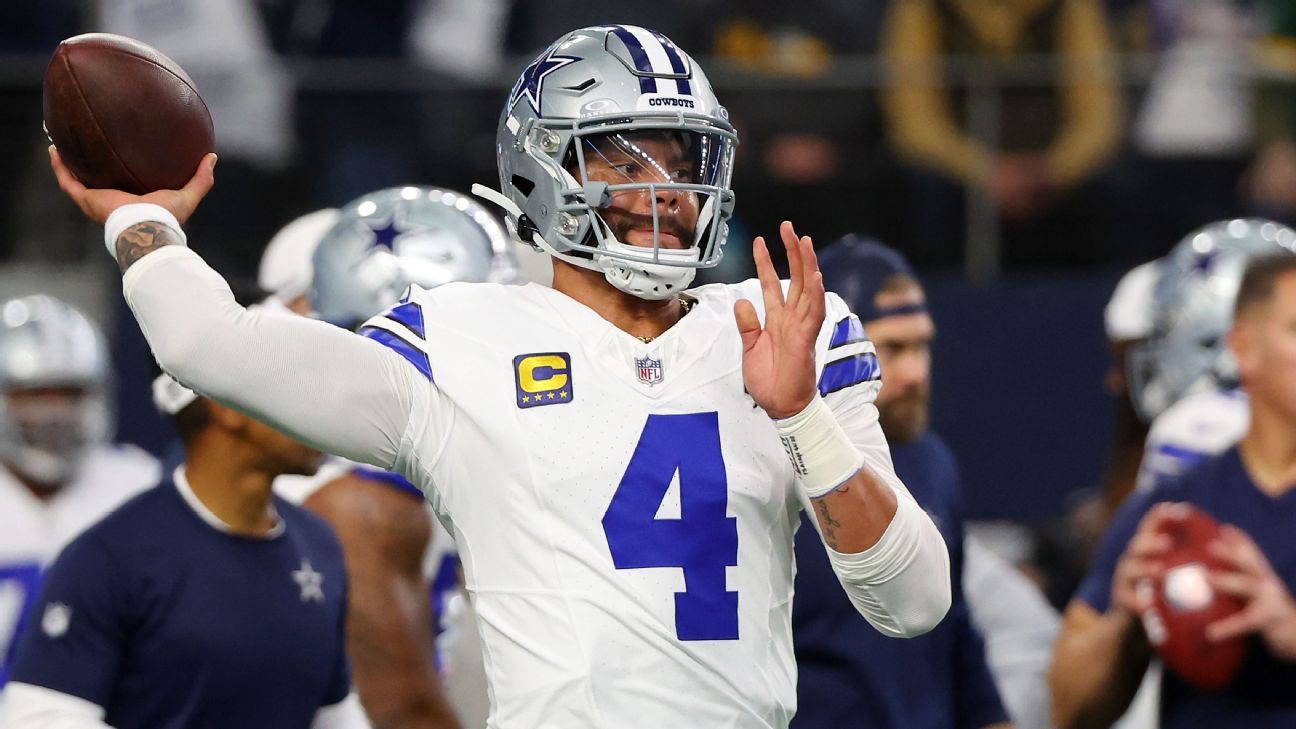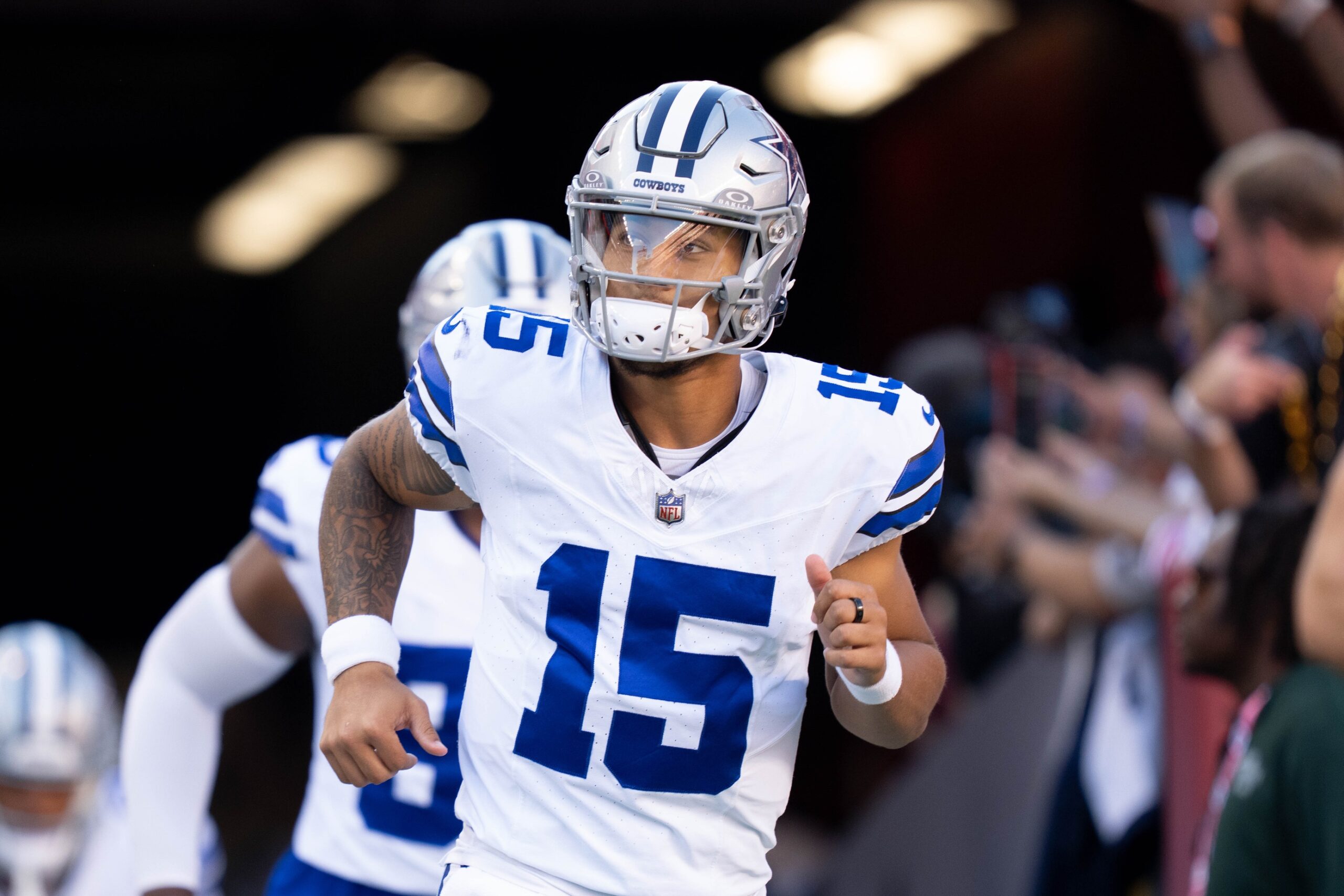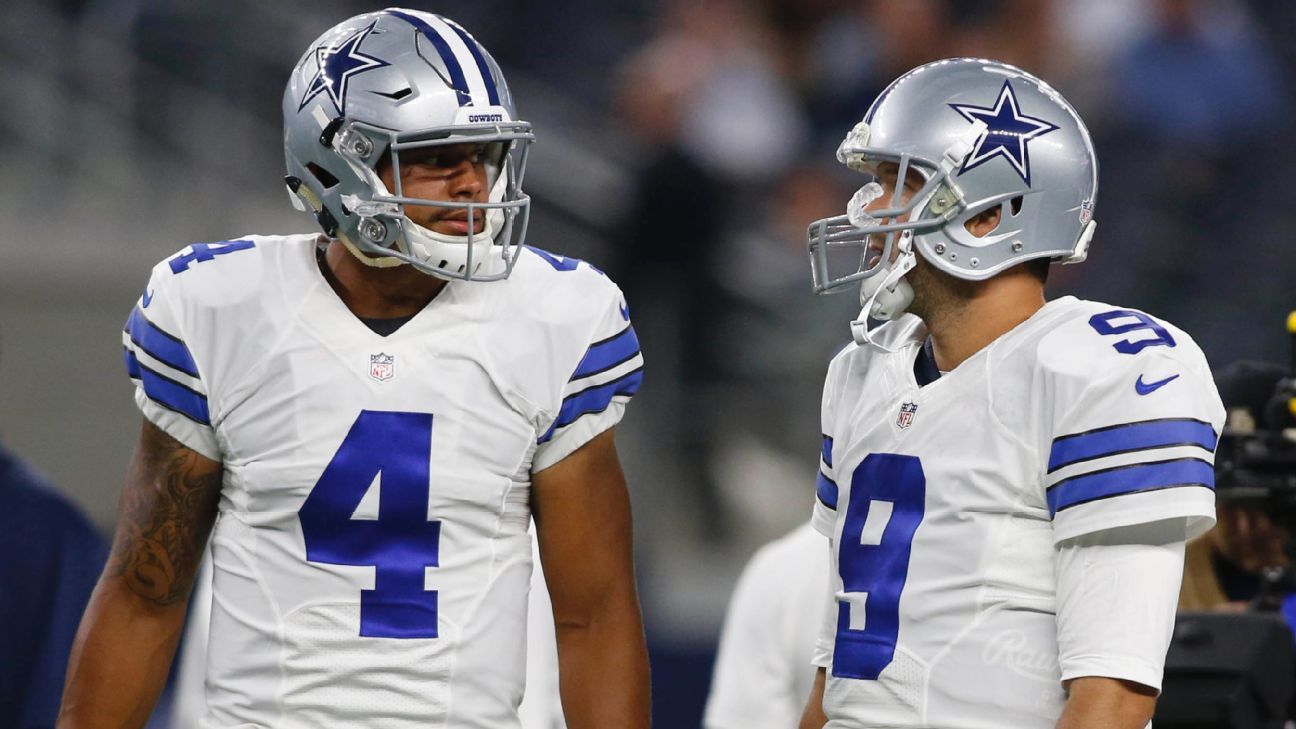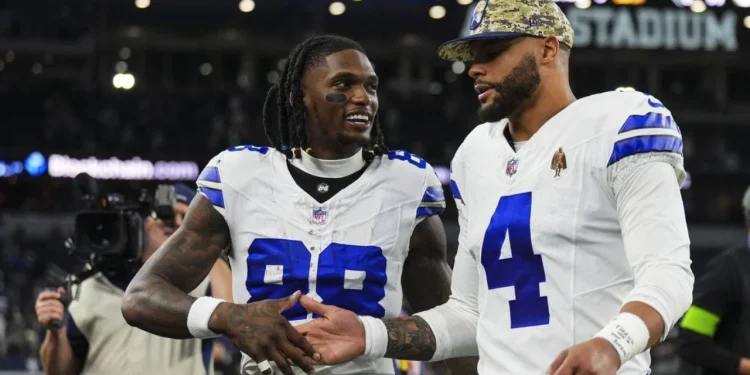In the high-stakes world of NFL football, leveraging for a better contract can often lead to a tense standoff between players and management. This scenario is currently unfolding with the Dallas Cowboys, where stars like CeeDee Lamb, quarterback Dak Prescott, and linebacker Micah Parsons find themselves in the throes of contract negotiations. Lamb’s notable absence from the Cowboys’ mandatory minicamp underlines the common strategy of holdouts—where players skip mandatory team activities to pressure teams into offering better contract terms.
While the holdout approach has been a traditional bargaining chip, it carries substantial risks. Notably, players often face performance declines after extended absences. This pattern was evident in cases like Austin Ekeler and Le’Veon Bell, who saw significant drops in their game after holdout periods. Nick Bosa of the San Francisco 49ers also acknowledged the detrimental impact on his performance, admitting that his holdout kept him from being fully “locked in.”

Insights from Zack Martin: The Costs of Missing Camp
Zack Martin, the Cowboys‘ seasoned left guard, provides a veteran perspective on how skipping training can affect a player’s season. Martin, who himself held out last year to negotiate a fairer deal, experienced firsthand the challenges of jumping back into the fray. “I felt like last year, you roll in a couple weeks before the season, and you’re just trying to play catch up,” Martin shared after a recent minicamp practice.
He emphasized the difficulty of missing essential preseason reps and the ongoing struggle to regain his top form.
Martin’s reflections highlight a critical point: even successful holdouts can lead to a rocky start to the season, impacting a player’s ability to perform at their best. This insight is particularly relevant for Lamb, who risks similar setbacks as he navigates his contract negotiations.

The Changing Landscape of NFL Contracts
Recent changes in the NFL‘s Collective Bargaining Agreement have altered the dynamics of holdouts. Unlike in the past, fines for missed training sessions are no longer forgivable under the new agreement, except for players on rookie contracts. These stiffer penalties have made holdouts less appealing, although players have found ways to circumvent these rules, such as reporting injuries to avoid fines while still holding out in practice.
Despite these challenges, the allure of significant contract improvements continues to motivate players like Lamb. With the explosion of the wide receiver market, even substantial fines can seem minor compared to the potential salary gains. However, the real cost may come in the form of reduced readiness and performance at the season’s start.

Balancing Act Between Risk and Reward
For the Dallas Cowboys and their star players, the ongoing contract negotiations are a balancing act between financial aspirations and the practicalities of team cohesion and player readiness.
As the NFL landscape continues to evolve, players and teams alike must navigate these waters carefully, weighing the immediate benefits of holdouts against the potential long-term impacts on player performance and team success.
In the world of NFL contracts, the right moves can lead to lucrative rewards, but missteps might sideline more than just contract talks. As the Cowboys move forward, the decisions made during this offseason could set the tone for their upcoming campaign, underscoring the complex interplay of strategy, negotiation, and athletic performance in professional sports.
Source- Fansided









